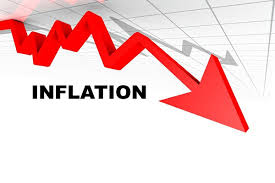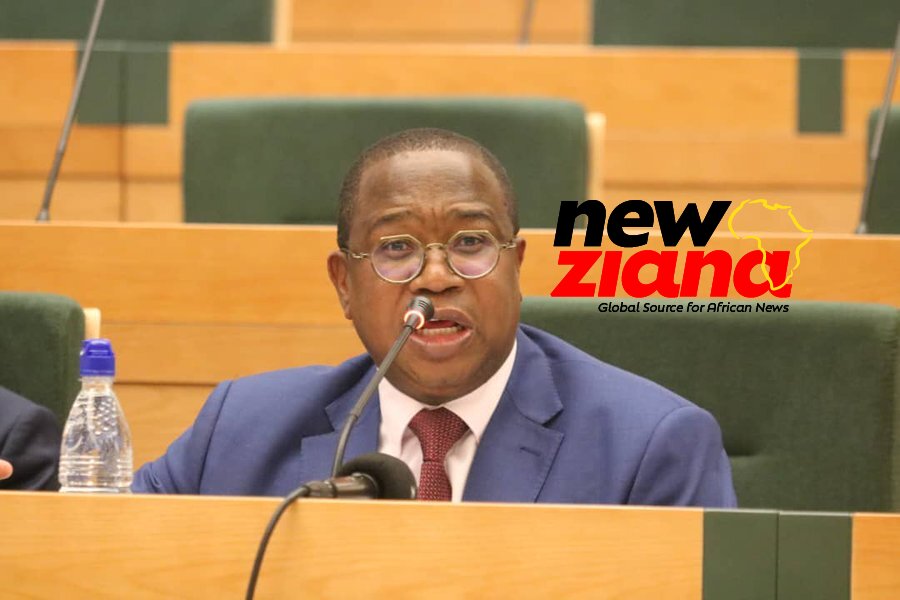Ministries likely to lose control of SOEs
Share

Harare, (New Ziana) –President Emmerson Mnangagwa said on Wednesday there is need to strengthen the governance and administrative frameworks of state owned enterprises (SOEs) and parastatals to ensure they contribute to the growth of the economy.
He was speaking at a half-day seminar for Ministers on the review of the SOEs and parastatals ownership model.
“The review of the ownership model has been necessitated by the need to overhaul the corporate governance and management culture within state enterprises and parastatals in our quest to ensure their productivity, efficiency, accountability, profitability and relevance in the context of Vision 2030,”
“Given their spread and reach, their efficient performance is crucial to the modernisation, industrialisation, and development of a robust rural industry system, and growth of our economy as a whole.”
President Mnangagwa said it was imperative to create “top-notch enterprises that can successfully compete for global capital while producing goods and services that penetrate international value chains.”
The government is reviewing the ownership model for SOEs and parastatals as part of the ongoing reforms of the sector to make them more effective and improve their performance for the benefit of the economy.
Zimbabwe has over 107 SOEs and parastatals cutting across key economic sectors.
But their performance has fallen from a 40 percent contribution to Gross Domestic Product during their peak in the 90s to less than 12 percent currently.
The review of the ownership model is being supported by the World Bank, African Development Bank and African Peer Review Mechanism.
Finance and Economic Development Minister, Professor Mthuli Ncube said experts had identified the current decentralised model of ownership and control where Ministries run the institutions as one of the problems.
“Experts have highlighted that perhaps what is happening here is that the line Ministries do not have adequate resources to even exact the right level of oversight on these parastatals and then the boards as well, perhaps they are not adequately trained and have not been able to exert adequate oversight in terms of governance,” he said.
“This shows in their performance which has not been up to scratch. If they used to contribute 40 percent to GDP in the past and now we are down to 12 percent.”
He said in 2017 for example, the institutions were expected to generate a profit of over US$200 million but they recorded a loss of over US$340 million.
“It is quite clear that there is something wrong that needs to be fixed. In migrating to this new model that we are looking into which is much more centralised, we expect them to exert better and more effective control on these state enterprises,” he said.
Reform of the SOEs started in April 2018, and was accompanied by the launch of the Public Entities and Corporate Governance Act, which seeks to improve the way the institutions are managed.
New Ziana








